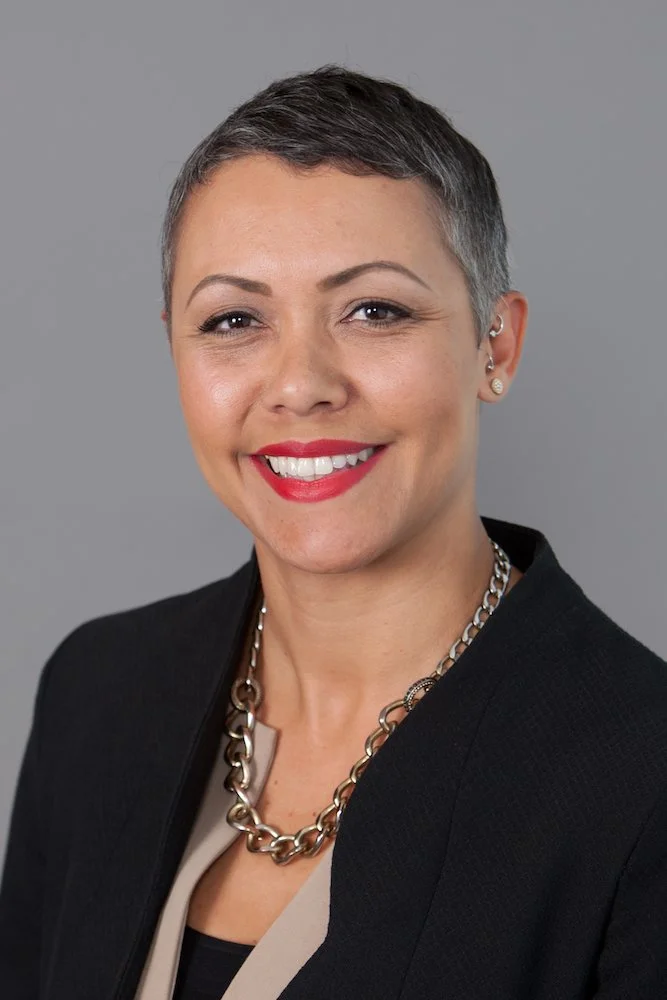Philanthropist Turned Governor: What Can J.B. Pritzker do to Expand Opportunity in Illinois?
/JB Pritzker, far right, during his campaign for governor. photo: Roberto Galan/shutterstock
Last Tuesday, J.B. Pritzker sailed through his election to become the next governor of Illinois, a state teetering on the brink fiscal collapse. The state’s finances have led many to ask how Pritzker plans to implement an ambitious progressive agenda, which includes a path to universal preschool and a public option for healthcare, with government coffers so depleted.
Others have wondered why the billionaire would want to be governor in the first place, spending $171 million of his own money to get the job.
One of many heirs to the Hyatt Hotel fortune, with a net worth of $3.2 billion, Pritzker is best known in philanthropic circles for his tireless championing of early childhood education. How will this passion and his personal wealth play out as he works as governor to improve the life chances of Illinois’ youngest residents and push his other goals?
It could be a real advantage. When money is tight, leaving public officials with little wiggle room to make big bets on new projects, partnerships with philanthropy can be a way to move the needle on tough issues.
Through his work on early childhood education, Pritzker himself has been on the other side of such partnerships in the past. He also has connections with a range of wealthy donors, starting with his own family; there are 11 billionaire Pritzkers, many of whom are engaged in philanthropy.
Related: So Many Pritzkers, So Much Philanthropy: Meet This Top Family of Givers
So just how bad is the fiscal situation in Illinois? Thanks in part to a stand-off a few years ago between the state’s Republican governor and Democratic-controlled legislature, Illinois owes its creditors $7 billion. The state’s credit rating plummeted. According to reporting from Politico, bonds issued by the state are considered as risky as those in Russia or Romania.
Most of the state’s financial problems date back to the late 1980s, when the government made public pension commitments that turned out to be unsustainable. Now, Illinois doesn’t have the revenue to make good on its promises.
In other states, politicians have cut pensions when they became too burdensome, but the Illinois constitution bars the government from changing the deal it made with its workers. As a result, Illinois leaders are faced with figuring out how to cover the costs. So far, attempts have been unsuccessful. The state owes its own pension fund more than $129 billion, according to Politico. Last fiscal year, 23 percent of Illinois’ budget went to covering pension payments.
While Pritzker said on the campaign trail that he would raise state income taxes, he’s still sure to face intense fiscal constraints as governor. In light of that, could partnerships with philanthropy and the private sector provide a promising avenue for achieving his goals?
The area to watch most closely here will be expanding early childhood education, where Pritzker has focused the bulk of his giving as a philanthropist. Through this work, he has invested in several initiatives that paired private funding with government reach.
The Chicago-based Ounce of Prevention Fund has been one of Pritzker’s frequent grantees. The organization itself is a public-private partnership that uses private money to develop research-backed innovation programs and leverages public funding to support their expansion. Over the years, it’s drawn support from a long list of local philanthropies, as well as national funders that include the Bill and Melinda Gates Foundation, the Buffett Early Childhood Fund, and the W.K. Kellogg Foundation.
Pritzker took part in another high-profile public partnership with the Obama administration. Pritzker pledged $25 million to what ended up being a $1 billion initiative to expand early childhood education through developing preschools and head start programs. The federal government provided $700 million to fund the project, and philanthropists—including Gates, Kellogg and Buffett, along with the Irving Harris Foundation, George Kaiser Family Foundation and the Heising-Simons Foundation—put up the remaining $300 million.
Another notable aspect of Pritzker's philanthropic endeavors on behalf of early childhood education is their scope. Pritzker focused a lot of his giving in his hometown, Chicago. This is pretty typical of early childhood learning funders, who tend to focus their work in a single urban area, usually close to home. But what made Pritzker unusual was that he also took on national projects, which are fewer and farther between in the early learning field.
The partnership with the Obama administration is one example of his national work. Another was a pilot he funded last year in partnership with the National Association of Counties, National League of Cities, StriveTogether and a few other grantees. The pilot focused on expanding access to early learning in cities and counties across the country, with plans to use collected data to scale nationally. A big focus of the pilot was engaging local lawmakers—another example of Pritzker’s appreciation for blending the public and private sectors.
Pritzker’s mix of local and national work means that not only does he have deep ties to the local philanthropic community, but he has also rubbed shoulders with some of the biggest players in the foundation world. He’s well positioned to mobilize serious private money behind ideas to expand opportunity for Illinois’ poorest children.
The idea of philanthropy riding to the rescue of an embattled public sector is problematic for reasons we’ve often discussed. Public-private partnerships are one more avenue through which wealthy donors can exert influence over government and American life broadly—in an era when the power of such donors is already drawing growing criticism.
On the other hand, when state and local governments can’t meet their responsibilities, poor families and children are often the hardest hit by cutbacks in social services and education programs. Philanthropy can play a critical role in minimizing that damage, as we’ve seen in cities such as Detroit and Flint. Private donors can also fill in funding gaps to get new initiatives off the ground, allowing government to be more innovative.
A billionaire philanthropist governor like J.B. Pritzker may be exactly what Illinois needs right now.
Related:







































